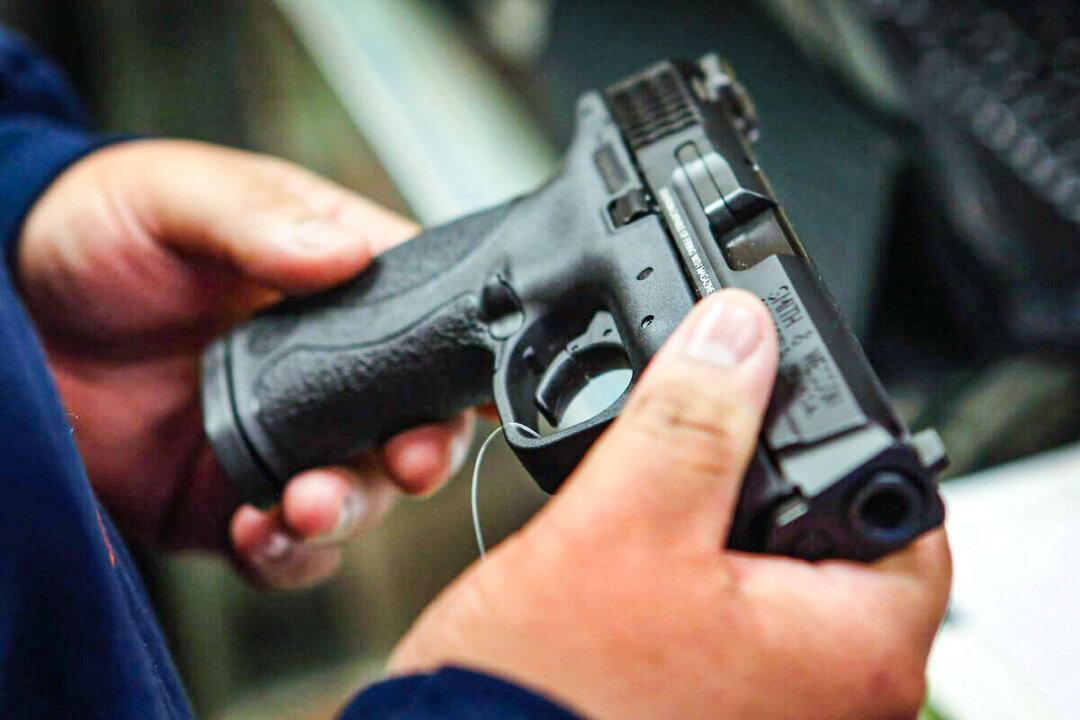The U.S. First Circuit Court of Appeals has ruled that the Second Amendment right to bear arms does not apply to felons, moving away from a U.S. Supreme Court ruling in 2022 that guaranteed this right to every American for self-defense.
It also contradicts a ruling in May by the Ninth Circuit that non-violent, convicted felons can own guns.





